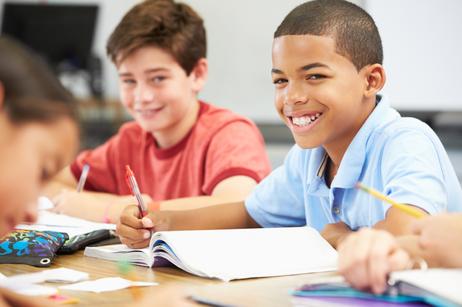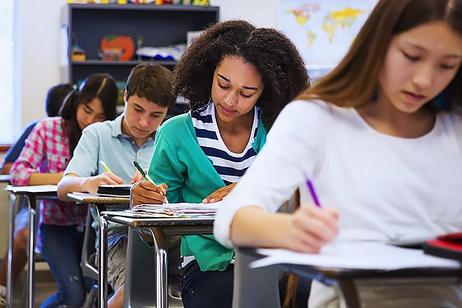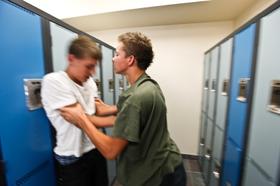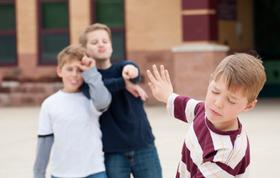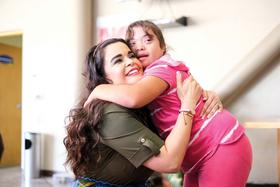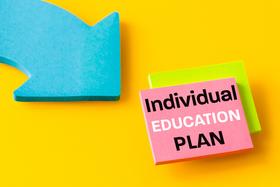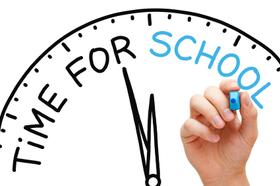Knowledge is power. It is a phrase countless schoolchildren have heard from the lips of numerous teachers through the years. While for some, it’s just meaningless words, for others, it is a mantra by which they approach education. The Knowledge is Power Program (KIPP) takes that mantra to heart and, after 20 years, has changed how public school children are taught.
as the brainchild of two Teach for America workers in 1994. After recognizing that their low-income students were not receiving the support they needed to succeed in school and later in life, Dave Levin and Mike Feinberg devised a new way to teach middle school students. After convincing the Houston Independent School District to green light their experimental program, Levin and Feinberg built a curriculum that harnessed the power of values held dear by their community � hard work, accountability, high expectations, and a sense of togetherness. From their initial class of 47 students, KIPP has since grown into a network of 162 schools nationwide.
KIPP In a Nutshell
KIPP was formed to bring opportunity to underserved populations through education. KIPP schools, which are public charter schools, are founded on the belief that any child � regardless of socioeconomic status, racial heritage, or other demographic factors � can and will learn if given the appropriate opportunity. And with that opportunity, poverty-stricken children can develop the knowledge and skills they need to graduate from high school, go to college, and free themselves from the


